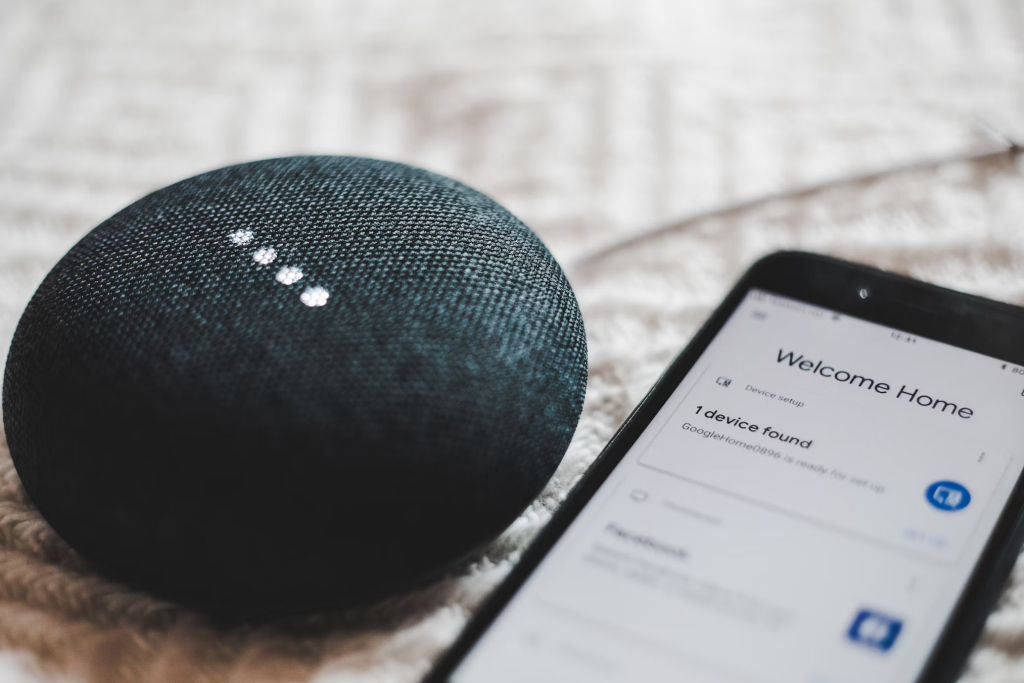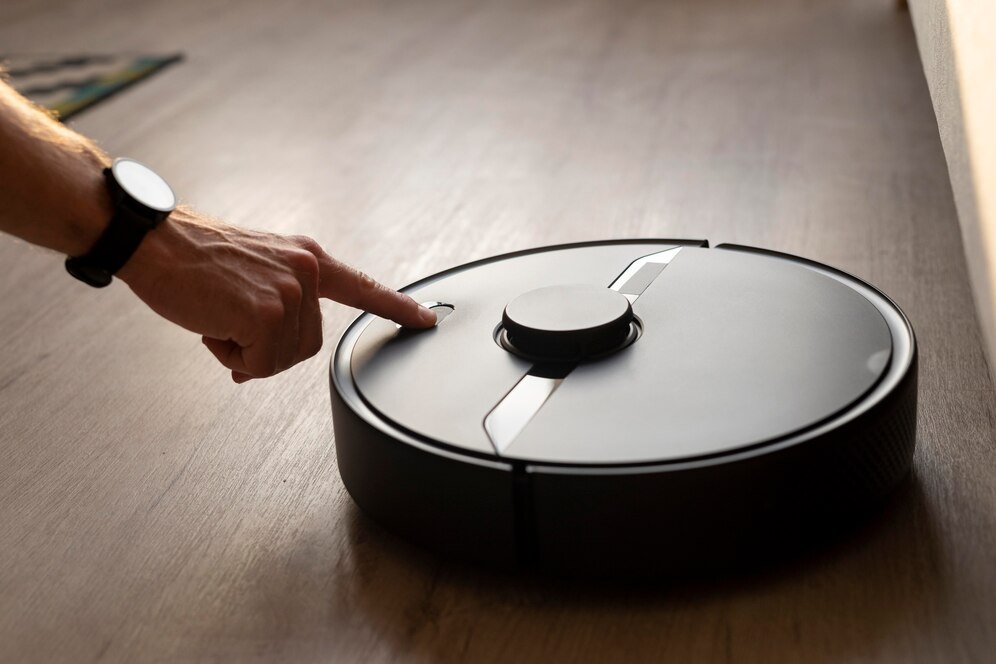How to Save Electricity When You Own a Smart Home
Looking for ways to conserve energy to save electricity inside your Smart Homes? The smart home feature gives you the best comfort of living inside your dream home, and there are specific ways to cut some electrical costs along the way.

Energy efficiency at home
Innovative solutions emerge to improve our lives as technology advances, including smart home appliances that automate daily tasks. Smart home automation systems allow you to control various aspects of your home, from lighting and security to temperature and entertainment, offering undeniable convenience.
However, some Filipino families hesitate to embrace smart homes due to perceived high costs and concerns about increased energy consumption. While the initial investment might seem substantial, smart home tips for saving energy can significantly reduce your energy bill, making smart home technology convenient and cost-effective.
Here are some time-tested energy-saving tips that will help you consume less energy, leading to saving money on energy bills in the long run.
Do Smart Appliances Consume More Electricity?
Making your house a smart home is undoubtedly expensive. However, saying that smart home devices or appliances consume more electricity than regular ones is a misconception.
While some smart appliances may have slightly higher standby power consumption, this doesn’t necessarily translate to a significant increase in overall energy usage or unnecessarily wasting energy. In fact, smart home features can actually help you reduce energy consumption and greenhouse emissions in several ways.
For instance, there are smart lights or smart bulbs, and gadgets that turn off automatically when they detect that no one is using them. Other appliances, on the other hand, are not automated but consume less electricity and emit less greenhouse gas. This shows vast technological improvements, and who knows what companies will think of next?
But still, there are more ways to save energy using smart home systems. Explore these effective strategies and witness how much energy savings they can yield.
Download the Needed Apps on One Device
Most smart appliances have an app you can download for its functions. This can be their remote control if you want to automate the device or adjust its settings. An excellent way to conserve energy is to download these apps on one device and use them as a universal remote control.
Having one device for this sole purpose also makes it easier for you to access every app for every smart appliance. With a touch of your finger, you can automate and control all your devices in one go such as your smart lighting detecting when no one’s home. This can save you energy as you won’t feel lazy to schedule and automate your devices.
Ask for Help from Google Assistant or Alexa

Smart, Energy-Saving Devices at Home
Google Assistant and Alexa can help make daily routines and ensure that every smart appliance at home is in check. If you aren’t sure if you haven’t turned off a smart appliance, you can ask these bots to turn them off for you. These smartphone apps even follow voice commands. You can even make them schedule when to turn on or off any smart device in your home.
For instance, you can set your smart dishwashers or washing machines to run even if you’re outside the house. Scheduling your appliances can be more energy efficient because you know what appliances are on. If you know how many watts they consume, you can determine how much electricity you consume since you know when the appliances are turned on.
Use Smart Thermostat
Ensure energy efficiency by using thermostats to manage the home’s temperature. These intelligent devices are efficient models that can learn your preferences and schedule, automatically adjusting the temperature when you’re away or asleep, preventing unnecessary energy use.
Setting your smart thermostats to automatically lower the temperature when you leave for work and raise it again shortly before you return home ensures you’re not heating or providing cool air to an empty house, leading to significant smart home energy savings and cooling costs.
Schedule which Appliance Gets Operated
You will consume more energy when you operate multiple smart appliances at once. Since you already have a smart home, you should schedule when a specific smart appliance will run and make sure that you create a smart routine for these appliances. When the run time of appliances is evenly distributed, energy costs are lower.
Set up a day for a specific task. You can also get help from your voice assistants to remind you of tasks you must do to know which appliances to turn on. If you’re going to use your smart dishwasher, make sure that today is not laundry day. You can turn off the AC unit and start the dishwasher if nobody else is home.
Synchronicity is key when balancing energy consumption.
Kill Vampire Power
Even if your house is filled with smart appliances, there is still energy consumption from plugged appliances, even if they’re not turned on. This term is called vampire power. Of course, the way how smart homes work to your advantage and prevent this is to unplug every appliance you won’t be using to really save energy and eventually, save money from electricity.
But if you are too lazy to unplug every unused appliance in your smart home, you can always buy smart plugs and smart power strips for your convenience. Unlike traditional plugs and cords, these smart devices will completely shut off the power in your electronic appliances when not in use and help you save significantly.
Shut Down Unused Appliances

When you do not have a smart plug, the best way to cut off energy costs is to shut down smart appliances you are not using. Lighting, heating and cooling devices are some of the most overlooked electronics at home as they do not create a sound or used for a specific household chore. Air conditioning units should also be turned off when no one is around a room.
And since your house is already automated, you can easily do this by asking your voice assistant or turning it off from the app on your mobile phone. However, this would not be much of a struggle since you are using smart appliances, and you can automate when these appliances get turned on and off.
Benefits of Having a Smart Home
Smart technology helps save environment
Aside from energy-saving benefits, there are several advantages to having a smart home. First, smart homes save the environment as all the smart appliances you purchase emit fewer greenhouse gases. And because of its system, your smart home can detect where you use your power the most.
When choosing smart appliances, you should consider your needs first. If you live in naturally cold areas, purchasing something that helps with household chores first is better. Some households start by buying innovative security systems because they have kids. When buying smart appliances, you can always buy them for function first.
Carbon footprint reduction
There are countless possibilities in this ever-changing world, and adapting to these changes is advantageous. According to environmental protection agency, smart homes are the first step towards a more sustainable future, reducing carbon footprint which is why all of us should invest in them.

Celebrate Life’s Milestones in Camella!
Make unforgettable memories in a Camella home.
Our communities are designed to elevate your living experience.


